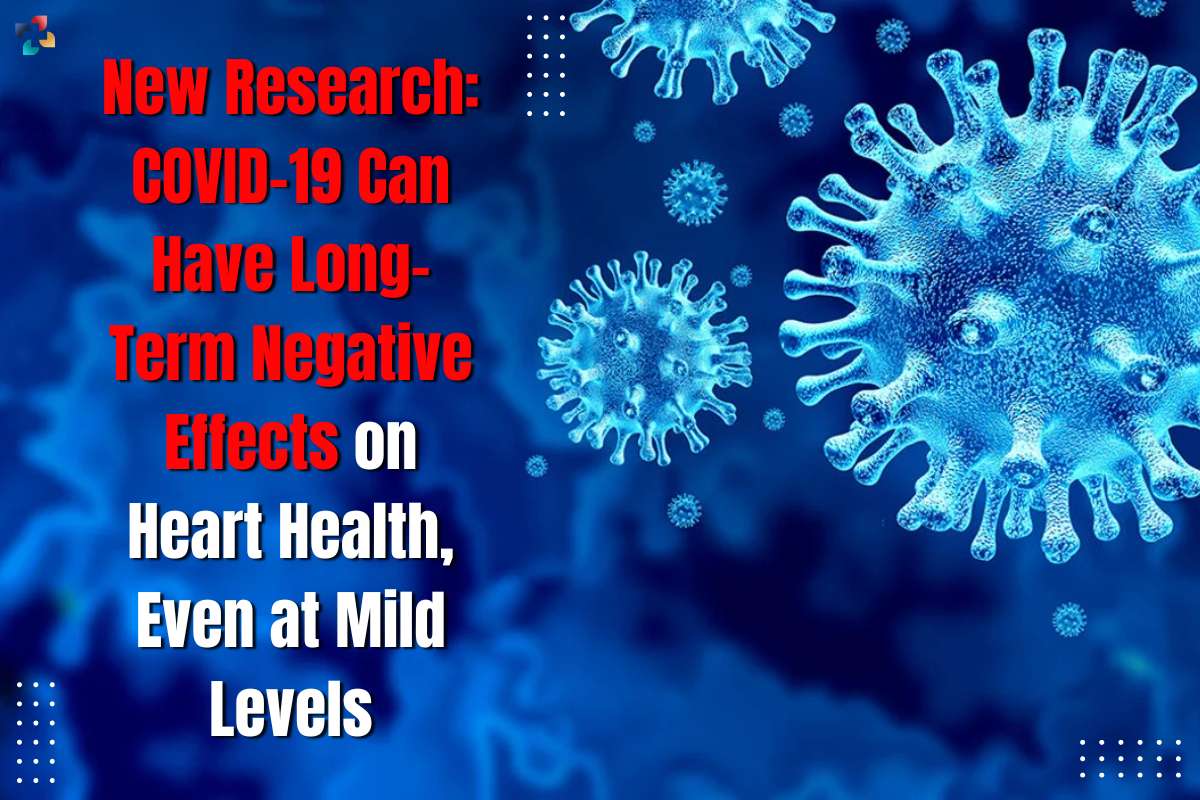The study is the first to compare arterial stiffness levels before and after a COVID-19 infection, a factor that is closely related to how well our arteries function and age. A COVID-19 infection’s lingering effects, also known as protracted COVID, are linked to an increased risk of cardiovascular disease, dementia, and, in extreme cases, death.
Using baseline measurements from a set of people in a different study that started pre-pandemic and looked at arterial stiffness as well, an international team of scientists was able to conduct this research. Two to three months after infection, patients with mild COVID-19 experienced symptoms including changes in their arterial and central cardiovascular function. As a side effect, arteries may become stiffer and less functioning, which may result in the development of cardiovascular disease.
Age and the duration of the COVID infection are linked to faster artery ageing, according to the study, which was published in the Journal of Clinical Medicine. We were shocked to see such a loss in vascular health, which got worse even faster after COVID-19 infection, said co-author Dr. Maria Perissiou of the University of Portsmouth’s School of Sport, Health & Exercise Science. After an illness, you would often anticipate that inflammation would subside over time and that all physiological processes would return to normal or a healthy level.
“We can only speculate on what causes this phenomenon without further investigation, but emerging evidence suggests that it stems from COVID-19 triggering the auto-immune process that leads to vasculature deterioration.”
Although COVID-19 has been linked to a specific type of acute heart failure and vascular dysfunction, further research is still needed to determine how the condition may affect vascular health over the long run. The work was a component of the EU COST VascAgeNet-led NormPreven project at the University of Split, which was sponsored by the Croatian Science Foundation.
The University of Split School of Medicine’s Laboratory for Vascular Ageing kept tabs on participants between October 2019 and April 2022. The majority were healthy young people, under 40. No one had high cholesterol, and only 9% of the sample had high blood pressure. Two people had diabetes, and 78% did not smoke. The proportion of males (56%) and females (44%) in the group was likewise nearly equal.
The study’s principal investigator, Professor Ana Jeroncic of the University of Split, said: “Given the number of COVID-19 infections worldwide, the fact that infection can negatively impact cardiovascular health in young persons with a moderate form of the disease deserves vigilant surveillance.
New data appears to show link between COVID and heart disease
“The question remains as to whether this harmful effect is irreversible or permanent, and if not, for how long it lasts.”
Dr. Perissiou added: “This study, while small, does support the prediction amongst vascular physiologists that we’ll have an increase in cardiovascular disease in the future as a result of COVID-19 infections. But we have to consider what other variables would have contributed to this increase.”
The findings could be used to inform prevention and treatment plans for related vascular disease, according to the paper’s conclusion. The findings have significant significance for understanding the long-term cardiovascular effects of COVID-19 infection. However, it advises more study to improve our comprehension of the root causes and contributing elements.











